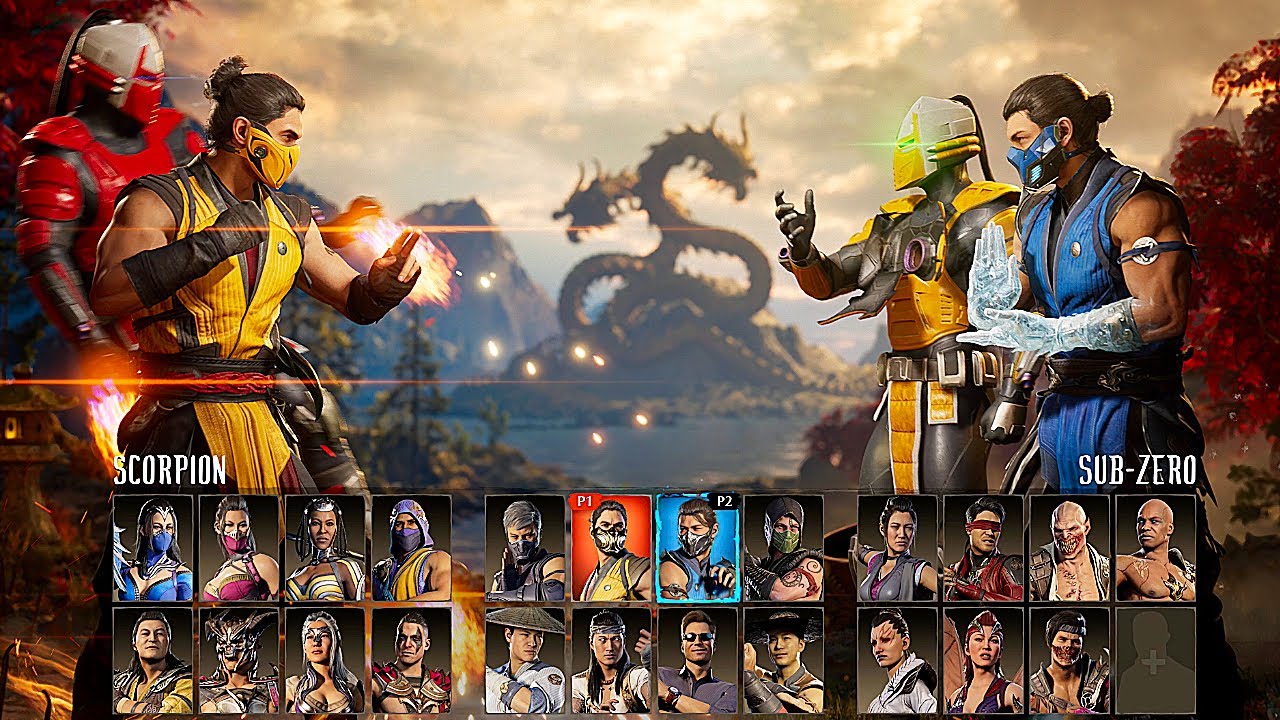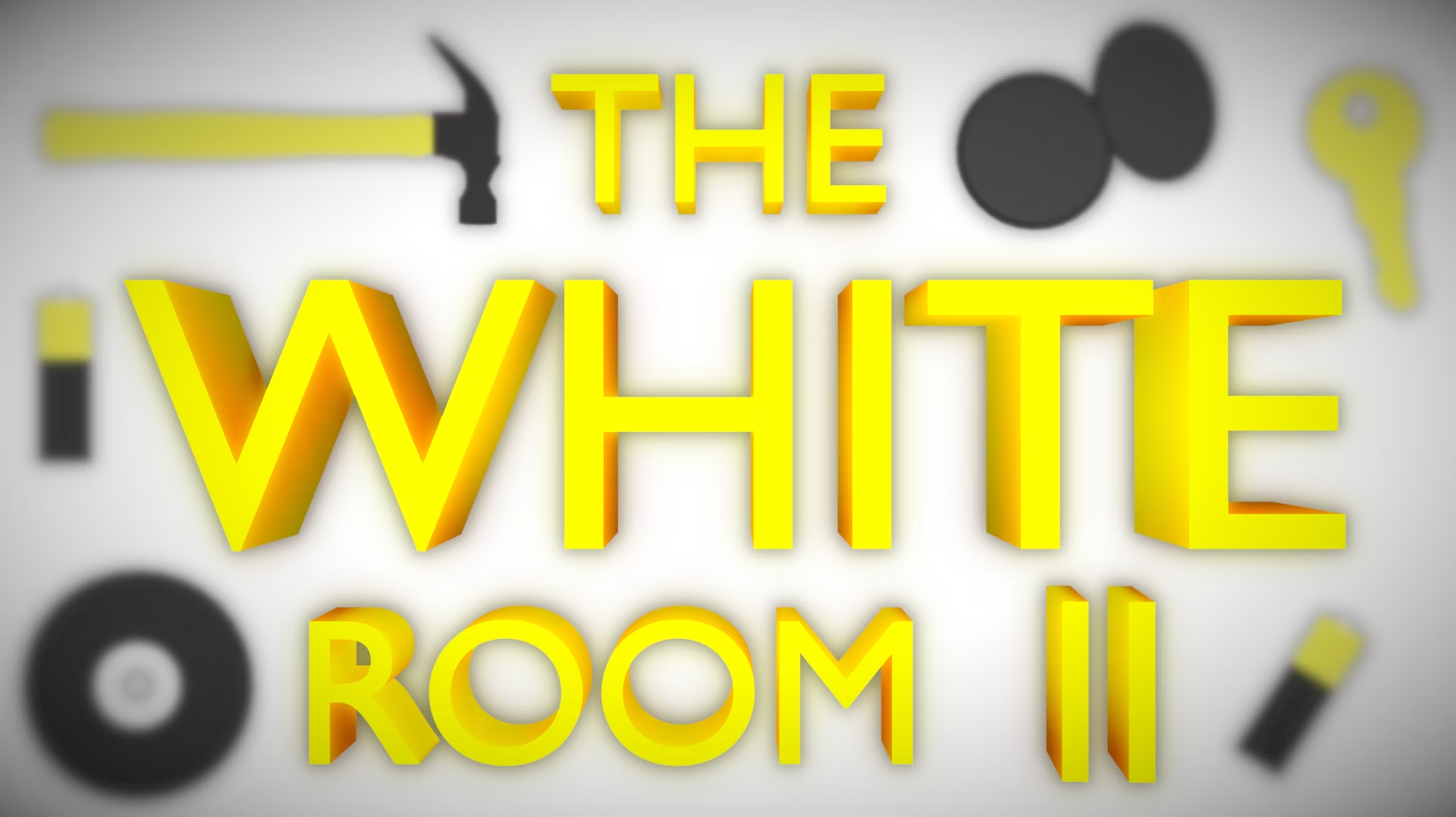Mortal Kombat is one of the most iconic fighting game franchises in video game history. With its visceral combat, rich lore, and controversial violence, it has left a lasting impression on the gaming industry and pop culture alike. This article dives into the history, gameplay, characters, and cultural impact of Mortal Kombat, showing why it continues to captivate gamers across the world.
A Brief History of Mortal Kombat
The Birth of a Franchise
Mortal Kombat made its debut in 1992, developed by Midway Games and created by Ed Boon and John Tobias. Originally designed to compete with Capcom’s Street Fighter II, Mortal Kombat distinguished itself by offering more realistic, digitized character models and over-the-top violence. The game quickly gained attention for its “Fatalities,” brutal finishing moves that pushed the boundaries of violence in video games.
Evolution Over the Years
Since its initial release, Mortal Kombat has seen numerous sequels, spin-offs, and reboots. The franchise has evolved in terms of graphics, mechanics, and storytelling, but its core appeal—intense one-on-one combat—remains intact. Notable entries in the series include Mortal Kombat II (1993), Mortal Kombat: Deception (2004), and the critically acclaimed Mortal Kombat 11 (2019).
Gameplay Mechanics: What Sets Mortal Kombat Apart?
Kombat System
At its heart, Mortal Kombat revolves around its unique fighting system. Players control a character in a best-of-three match against an opponent, either CPU-controlled or another player. The game emphasizes a mix of basic attacks, special moves, and powerful combos.
Unlike other fighting games, Mortal Kombat introduced the “block button” system, which added a strategic layer to defensive play. This simple mechanic, combined with a balance of light, medium, and heavy attacks, gives players numerous tactical options.
Fatalities and Special Moves
One of the most famous aspects of Mortal Kombat is its Fatalities. After defeating an opponent, players have the option to input a specific combination of buttons to perform a Fatality, which results in a gruesome finishing move. These Fatalities became a hallmark of the series and contributed to its notoriety.
Beyond Fatalities, each character in Mortal Kombat comes with unique special moves, such as Scorpion’s iconic spear attack or Sub-Zero’s ice projectile. Mastering these moves can be key to gaining an advantage over opponents.
X-Rays and Fatal Blows
In the modern installments, Mortal Kombat introduced new gameplay mechanics, such as X-Rays and Fatal Blows. X-Ray moves allow players to see the damage inflicted on their opponent’s internal organs in slow-motion, adding a cinematic flair to the combat. Fatal Blows, introduced in Mortal Kombat 11, function as high-damage, once-per-match attacks that can turn the tide of battle if timed correctly.
Iconic Characters: The Faces of Mortal Kombat
Scorpion and Sub-Zero
Perhaps the most recognizable characters in the Mortal Kombat universe, Scorpion and Sub-Zero represent two opposing factions. Scorpion, a resurrected ninja, is fueled by vengeance, while Sub-Zero, a member of the Lin Kuei clan, controls ice and represents stoic discipline. Their rivalry has been a central plotline in many Mortal Kombat games.
Raiden and Liu Kang
Raiden, the thunder god, serves as a protector of Earthrealm and a mentor to other fighters. His electrical abilities and wisdom make him a key figure in the series. Liu Kang, the game’s main protagonist, is a skilled martial artist who often serves as Earthrealm’s champion in the Mortal Kombat tournament. His iconic bicycle kick is one of the franchise’s most famous moves.
Other Fan-Favorite Characters
Mortal Kombat’s roster features a wide array of characters, each with their unique backstory and abilities. Notable names include:
- Johnny Cage: A Hollywood actor turned fighter with a cocky attitude.
- Sonya Blade: A skilled Special Forces operative with a no-nonsense approach to combat.
- Kitana: A warrior princess from the Outworld, wielding razor-sharp fans.
- Goro: A four-armed Shokan warrior who serves as a fierce opponent in the early games.
Mortal Kombat’s Storyline and Lore
The Mortal Kombat Tournament
The central premise of the Mortal Kombat series revolves around a mystical tournament that determines the fate of realms. Earthrealm, led by Raiden, must compete in the Mortal Kombat tournament to prevent being conquered by otherworldly forces like Outworld, led by the villainous Emperor Shao Kahn.
The Rise of Shinnok and Kronika
As the series has progressed, the story has introduced new threats to Earthrealm, including the fallen Elder God Shinnok and the time-controlling villain Kronika. The lore has expanded to include realms beyond Earth and Outworld, such as Edenia and the Netherrealm, adding depth and complexity to the franchise’s universe.
Reboots and Alternate Timelines
The Mortal Kombat franchise underwent a soft reboot with the release of Mortal Kombat (2011), which retold the story of the first three games with a twist: characters were aware of alternate timelines. This storytelling approach allowed the developers to reintroduce beloved characters and scenarios while offering fresh takes on classic events.
Cultural Impact of Mortal Kombat
The ESRB and Video Game Ratings
Mortal Kombat’s graphic violence and Fatalities were so controversial that they led to the creation of the Entertainment Software Rating Board (ESRB) in 1994. The ESRB established age-based ratings for video games, a system that is still in place today. Mortal Kombat’s influence on video game content regulation cannot be overstated.
Mortal Kombat in Popular Culture
Beyond video games, Mortal Kombat has had a significant presence in popular culture. The franchise has spawned several live-action movies, including the 1995 film Mortal Kombat, animated series, comic books, and even a web series. The franchise’s catchphrases like “Finish Him!” and iconic theme song “Techno Syndrome” remain widely recognized.
Tournaments and eSports
Mortal Kombat has become a mainstay in the competitive gaming scene, with tournaments held worldwide. The series is a regular fixture at major eSports events like the Evolution Championship Series (EVO), where the best players from around the globe compete for glory and prizes.
Mortal Kombat’s Legacy and Continued Popularity
The Evolution of Graphics and Technology
Over the years, Mortal Kombat has consistently pushed the boundaries of what is possible in fighting games. From the digitized actors of the original game to the hyper-realistic 3D models of Mortal Kombat 11, the series has remained on the cutting edge of video game technology.
A Loyal Fanbase
Mortal Kombat’s enduring success can be attributed to its loyal fanbase, which has supported the franchise through its highs and lows. The developers at NetherRealm Studios have consistently delivered new content, balancing nostalgia with innovation to keep players engaged.
Conclusion
Mortal Kombat is more than just a fighting game—it is a cultural phenomenon that has shaped the gaming industry and continues to entertain millions of players worldwide. With its unique combat system, iconic characters, and deep lore, Mortal Kombat stands as one of the most influential and beloved franchises in video game history.
Whether you’re a casual player or a seasoned veteran, Mortal Kombat offers an unforgettable experience filled with brutal combat, rich storytelling, and moments of sheer intensity. As the series continues to evolve, its legacy only grows stronger, ensuring that Mortal Kombat will remain a force to be reckoned with for years to come.


